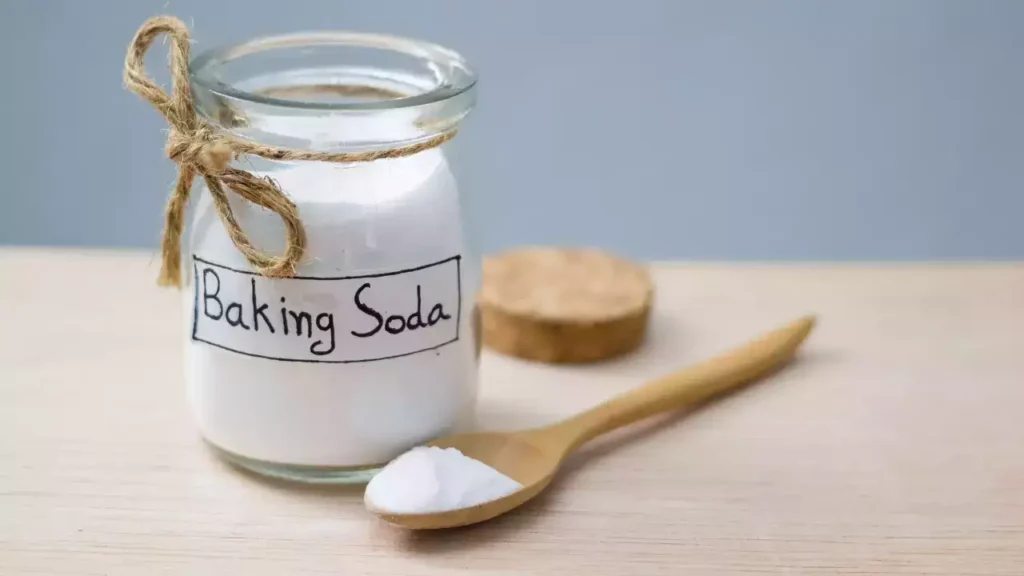Soaps Of 2024: 6 Tips To Choose The Best Soap For You

Table of Contents Show
Cleansing constitutes the first and most important step of any skincare routine, and to slough off dirt, grime, and other impurities, you must turn to a gentle soap that balances the skin’s pH levels while leaving it feeling squeaky clean. Keep in mind that using harsh bathing soaps can remove the natural oils from your skin, leading to increased sebum production to make up for the lost moisture. Opting for the right soap can effectively address all your skin issues.
Before we discuss how to choose the best soap for your skin, let’s explore the many kinds of soaps available in the market.
- True Soap
True soaps are made using alkali salts of fatty acids and contain surfactants that minimize the surface tension between oil and water. While they efficiently cleanse the skin, they’re said to disturb its natural pH balance. However, the skin’s pH will likely return to its original state with time.
- Syndet Bar
Syndet bars are formulated with synthetic surfactants and other chemical ingredients derived from fats, oil, and petroleum. Such soaps are easily found at drugstores and are known to cause dryness.
- Superfatted Soap
Superfatted soaps are true soaps that contain additional oil. These soaps are less irritating on the skin and are more moisturizing. However, they don’t cleanse the skin as effectively as their counterparts, which contain fewer hydrating agents.
- Transparent Soap
Transparent soap is a true soap or syndet soap with added moisturizing ingredients such as glycerine. However, despite containing soothing ingredients, it can still cause irritability on your skin.
- Combination Soap
Combination bars contain an amalgam of cleansers and chemicals to cleanse your skin effectively while curbing dryness and irritation. Such soaps are usually a mix of superfatted bars and syndet soaps.
- Medicated Soap
Medicated soaps are ideal for sensitive skin, as they contain antibacterial properties and natural ingredients. They help moisturise the skin while balancing its pH levels, and their antiseptic properties ensure you don’t get skin allergies. Medicated soaps can be of three types:
- Anti-Fungal Soap: As the name suggests, anti-fungal soaps help fight fungal infections, owing to elements like miconazole and ketoconazole or natural ingredients, including tea tree oil and olive oil.
- Antibacterial Soap: Antibacterial soaps contain triclosan and other additives that fight germs and bacteria.
- Deodorant Soap: Deodorant soaps are scented and curb body odour. They also help exfoliate and moisturise your skin, while some prevent perspiration.
- Herbal Soaps
Herbal soaps are free from chemicals and toxins, boasting natural herbs that seldom irritate the skin. Besides being safe for sensitive skin types, they have a soothing effect and a delightful aroma that can awaken your senses.
Tips To Pick The Best Soap For Your Skin
When shopping for soap, consider your skin type, needs, and concerns. Different bathing soaps work better for oily, dry, combination, sensitive, and normal skin.
1. Oily Skin
Since oily skin types are more prone to breakouts owing to sebum overproduction, they should pick gentle soaps that don’t strip the skin of its natural moisture. Look for a non-comedogenic one that doesn’t clog the pores and contains salicylic acid, benzoyl peroxide, tea tree oil, aloe vera, oatmeal, or sea salt.
2. Dry Skin
Since dry skin types battle patchy skin, flaking, skin itchiness, and irritability, pick a formulation boasting ultra-moisturising ingredients, including glycerine, cocoa butter, coconut oil, shea butter, olive oil, jojoba oil, and aloe vera.
3. Sensitive Skin
Since sensitive skin types are more prone to skin allergies and reactions, pick gentle, chemical-free formulations that reduce the risk of skin irritation. Steer clear of soaps with synthetic fragrances, alcohol, sulfates, and other additives. A natural, herbal soap would work best for sensitive skin.
4. Combination Skin
Since combination skin types battle a mix of oiliness and dryness, one must pick a formulation that caters to both concerns. Gentle glycerine soaps are the ideal choice for those with combination skin.
5. Normal Skin
Just like combination skin, normal skin types should pick a product that is pH-balanced and not formulated to address just a single skin concern. Look for a gentle soap that is neither too drying nor too moisturizing.
Conclusion
If your current soap is causing irritation, inflammation, or itchiness, know that it is not the best fit for your skin. Switch to a milder, chemical-free variant that limits the chances of an adverse reaction. You must also ensure you don’t use a body bar for your face. Formulated for the skin on your body, body or bathing soaps can do more harm than good if used on the face. Lastly, if you’re suffering from a particular skin condition, consult your dermatologist to understand which medicated soap would be best for your skin. Remember, your choice of soap should depend on your skin type and concerns.
see also The Rise of Trippie Bri: Uncovering the Secrets Behind





Responses